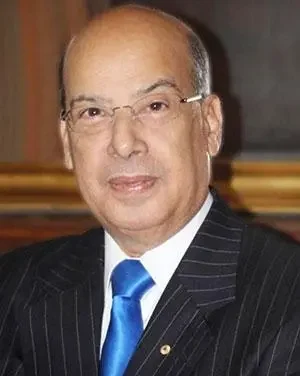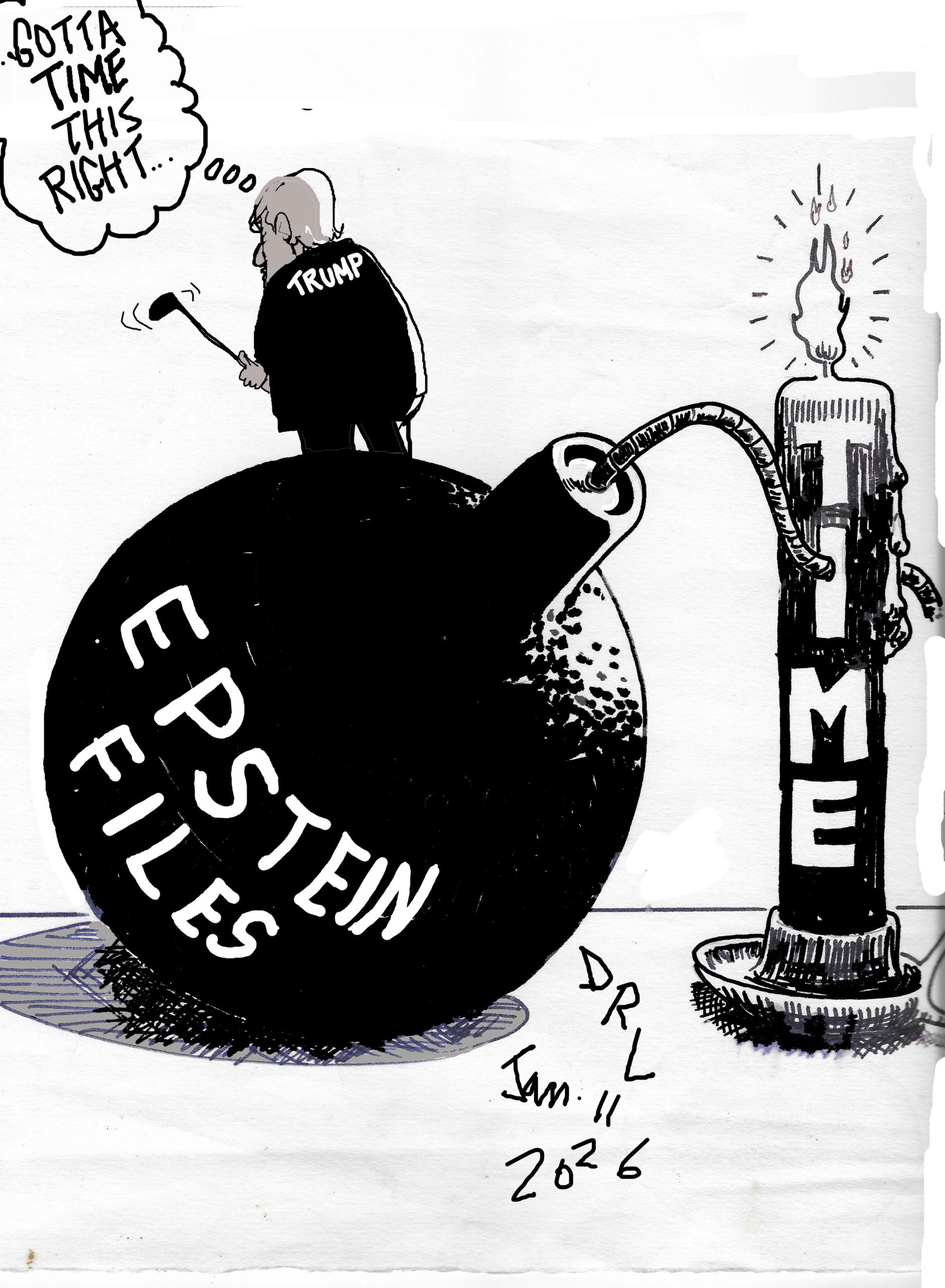Latest update January 12th, 2026 12:30 AM
Latest News
- Ram warns Govt. against excessive spending as oil prices likely to dip further
- Cuba defiant after Trump says island to receive no more Venezuelan oil or money
- Change in Venezuela’s leadership will not alter oil trajectory, ease climate pressures
- Banks DIH opens $13.7B beer plant
- Norton refuses to make suggestions for 2026 budget
Complacency among threats to HIV/AIDS gains – UNAIDS Executive Director
Aug 30, 2017 News
“We live in fragile times, where gains can be easily reversed.”
This has been the informed assertion of UNAIDS Executive Director, Michel Sidibé, regarding the fight against HIV/AIDS. In fact, Sidibé has underscored that the biggest challenge to moving forward is complacency.
As such, the UNAIDS Executive Director has concluded that despite the gains made, the quest to end AIDS has only just begun. His revealing sentiments have given perspective to the information contained in a recently launched UNAIDS Global AIDS Report, which highlights the current state of the disease.
Talks in this regard have been engaged at a Caribbean Cytometry and Analytical Society [CCAS]’s expert summit which is currently ongoing in Barbados. The meeting is one that is designed to highlight the shortcomings to fighting the scourge of the disease and outlining workable measures to address these.
Reflecting on the gains main, Sidibé pointed out that it was global solidarity and shared responsibility that have driven the success thus far in the fight against HIV/AIDS. He however asserted that while there is need for efforts in this regard to be sustained, there are some challenges, apart from stigma and discrimination that threaten to undermine the gains.
For several years, he observed, resources for AIDS have remained stagnant, and “we are not on track to reach the US$26 billion of investment we need by 2020. Without more domestic investments and international assistance, we cannot push faster on the Fast-Track”.
Without focused measures, he theorised that more people will become infected with HIV and lives will be lost. He has outlined further that without more community health workers, health systems will remain stretched and without changing laws, key populations will be left behind. “We must not fail children, women and girls, young people and key populations. We must engage with men differently. Men are being left behind in the push to 90–90–90, in turn affecting the lives of women and children,” said Sidibé, who nevertheless remains optimistic.
According to him, the UNAIDS Report clearly demonstrates the power of the 90–90–90 targets and what can be achieved in a short time.
“It shows too that innovations are possible at every level – from communities to research laboratories and from villages to cities. It illustrates the power of political leadership to make the impossible possible,” he quipped.
The 90-90-90 treatment targets speaks to 90 percent of people living with HIV knowing their status, 90 percent of diagnosed people on treatment and 90 percent of people on treatment with an undetectable viral load.
Guyana is among the countries that have subscribed to the 90-90-90 treatment targets.
But according to Sidibé, “When I launched the 90–90–90 targets three years ago, many people thought they were impossible to reach. Today, the story is very different. Families, communities, cities and countries have witnessed a transformation, with access to HIV treatment accelerating in the past three years.”
He pointed out that a record 19.5 million people are accessing antiretroviral therapy, and for the first time more than half of all people living with HIV are on treatment. Added to this, he underscored that more countries are paying for HIV treatment themselves. Another astounding fact that Sidibé amplified, is that more people living with HIV are employed, more girls are in school, there are fewer orphans, and there is less ill health and less poverty. As such, he asserted that more families and communities are feeling secure.
With science showing that starting treatment as early as possible has the dual benefit of keeping people living with HIV healthy and preventing HIV transmission, many countries have now adopted the gold-standard policy of treatment for all. Moreover, Sidibé noted, “Our efforts are bringing a strong return on investment. AIDS-related deaths have been cut by nearly half from the 2005 peak. We are seeing a downward trend in new HIV infections…This good news is a result of the combined effect of a rapid scale-up of treatment and existing HIV prevention interventions.”
According to Sidibé, every additional dollar invested in AIDS will in fact deliver a US$8 return.
In the wake of dwindling funding to fight AIDS, Minister of Finance, Mr. Winston Jordan, has stated Guyana’s commitment to invest in the local HIV/AIDS fight. This move has been publicly lauded by United Nations Special Envoy, Dr. Edward Greene.
“Your [Guyana’s] Minister of Finance, unlike some Ministers of Finance, is not saying that we have so many other things to do…there is recognition that unless we sustain the investment in health and HIV/AIDS we will not overcome, but we will increase and reverse the trends,” Dr. Greene had underscored.
Discover more from Kaieteur News
Subscribe to get the latest posts sent to your email.
Similar Articles
Listen to the The Glenn Lall Show
Follow on Tik Tok @Glennlall
Your children are starving, and you giving away their food to an already fat pussycat.
Sports
Jan 12, 2026
Kaieteur Sports – Following the revelation from Head of the Medical Panel of Cricket West Indies (CWI) Dr. Donovan Bennett, who recently earmarked pacers Alzarri Joseph and Shamar Joseph to be a...Features/Columnists
Jan 12, 2026
(Kaieteur News) – In December 2024, President Dr. Irfaan Ali issued one of the strongest warnings ever directed at the management of the Guyana Sugar Corporation (GuySuCo). Speaking publicly, and without ambiguity, he promised consequences if sugar production targets for 2025 were not met. His...Sir. Ronald Sanders
Jan 04, 2026
By Sir Ronald Sanders (Kaieteur News) – As 2025 draws to a close, the Caribbean Community stands at a moment that calls for less rhetoric and more realism. CARICOM is experiencing a period in which external pressure is intensifying, new norms are hardening among powerful states, and the need for...The GHK Lall Column
Jan 12, 2026
(Kaieteur News) – When former President Donald Ramotar speaks these days, I listen. He is due a hearing, and I urge Guyanese to listen. His latest contribution drips with pragmatism, warns of the precautionary steps that other nations may embark upon, and then what? That contradiction...Publisher’s Note
Freedom of speech is our core value at Kaieteur News. If the letter/e-mail you sent was not published, and you believe that its contents were not libellous, let us know, please contact us by phone or email.
Feel free to send us your comments and/or criticisms.
Contact: 624-6456; 225-8452; 225-8458; 225-8463; 225-8465; 225-8473 or 225-8491.
Or by Email: glennlall2000@gmail.com / kaieteurnews@yahoo.com













